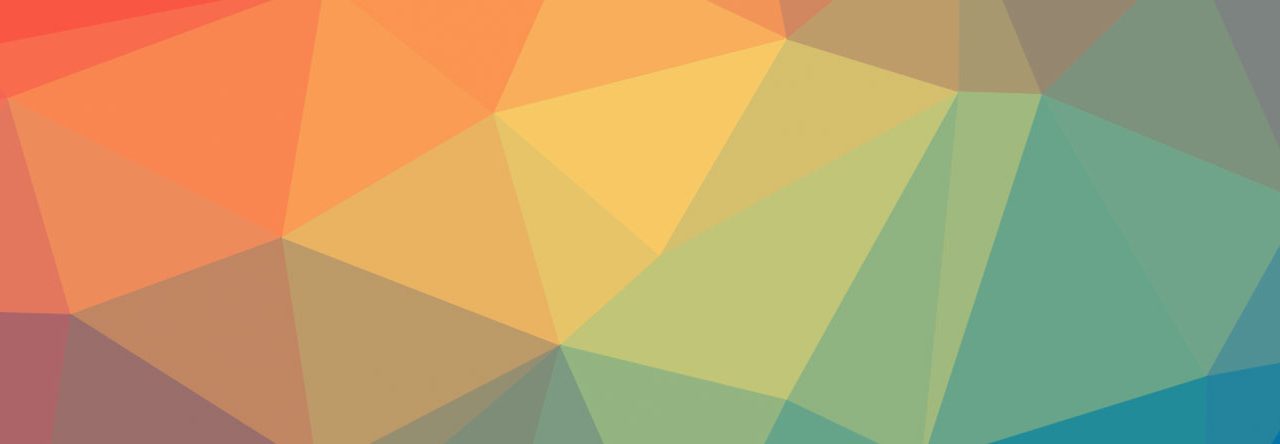January has been a hard month — and not just because it’s my first month of the long practicum, and the students were (more-so at the beginning) a bit off the rails after having two weeks off of school for Christmas.
This month, I turned 26. The night I turned 21, my cousin Kyle passed away, after being in the hospital for only a week — he was 30, and it was a very sudden/unexpected death. It’s been five years since his passing, and I’ve spent the last four of my birthdays not celebrating, out of guilt for making the day about me. (This is a long story though, and off track, so moving on …)
I’ve been with my boyfriend for almost 11 months now, so this year I made the effort to celebrate my birthday (we had sushi take-out for dinner and watched a movie at his place — perfect night for two introverts!) because I really wanted to spend that day with him. While I’ve finally let go some of my guilt and enjoyed my birthday for the first time in years, something was still missing — a phone call from my Grandpa, the only person (besides my parents) who ever phoned me on my birthday.
Today marks two months since my Grandpa passed away (his death was also very sudden, or at least it felt like it to me). One of the hardest parts about his death, for me, has been not being able to pick up the phone and tell him about my academic successes — something he valued very much (as long as I was trying, he was pleased). It’s a nice feeling to tell people I got an A+ in French, but something about sharing things like that with Grandpa always made the news seem more special somehow.
My Grandpa also never got to meet my boyfriend before he passed, which still hurts my heart, as I know Grandpa would’ve loved him (… okay, maybe a strong word, but definitely would’ve approved). My boyfriend took the MCAT in June 2019, and applied to medical school that September, after graduating from university a few years prior with an Electrical Engineering degree. My Grandpa was very pleased to hear this — whether he becomes a doctor or not doesn’t matter to me, and I don’t think it mattered to Grandpa, but just these three pieces of information alone told him I found myself an intelligent man. The two of them would’ve gotten along so well.
To quote my Grandpa’s obituary: “He was unsurpassed in his quest for knowledge. His library consisted of over 2800 books covering topics (many of them hobbies) as diverse as gourmet cooking and western philosophy; astronomy and Shakespeare; breeding tropical fish and photography; gardening and various languages; music and beekeeping, and, so many more.” He passed on this quest for knowledge to his two sons — my dad and my uncle — and myself. This is one of the ways I plan to carry on his legacy.
The reason I will have no student debt when I graduate from the Bachelor of Education program is because of my Grandpa — he directly (“put it on the credit card”) and indirectly (Christmas/birthday cheques saved over the years) paid for my tuition for all three of my degrees. I knew after the first degree that I would never be able to pay him back, not due to financial circumstances but simply because my Grandpa was the kind of man that did this sort of thing as a gift, not a loan. (In other words, he was too stubborn to let me pay him back.) This is why I came up with the idea to create a scholarship (possibly a whole charitable foundation) in his name, in his honour, to pay it forward in a way that would make him proud. I had hoped he would be alive still to see it happen, so I could properly thank him … but, as unfortunate and devastating as it is, his death has been a catalyst in the process of making this a reality, and this goal is one of my 5-year plan Passion Projects.
Thank you, Grandpa <3
June 12th 1945 – November 29th 2019
